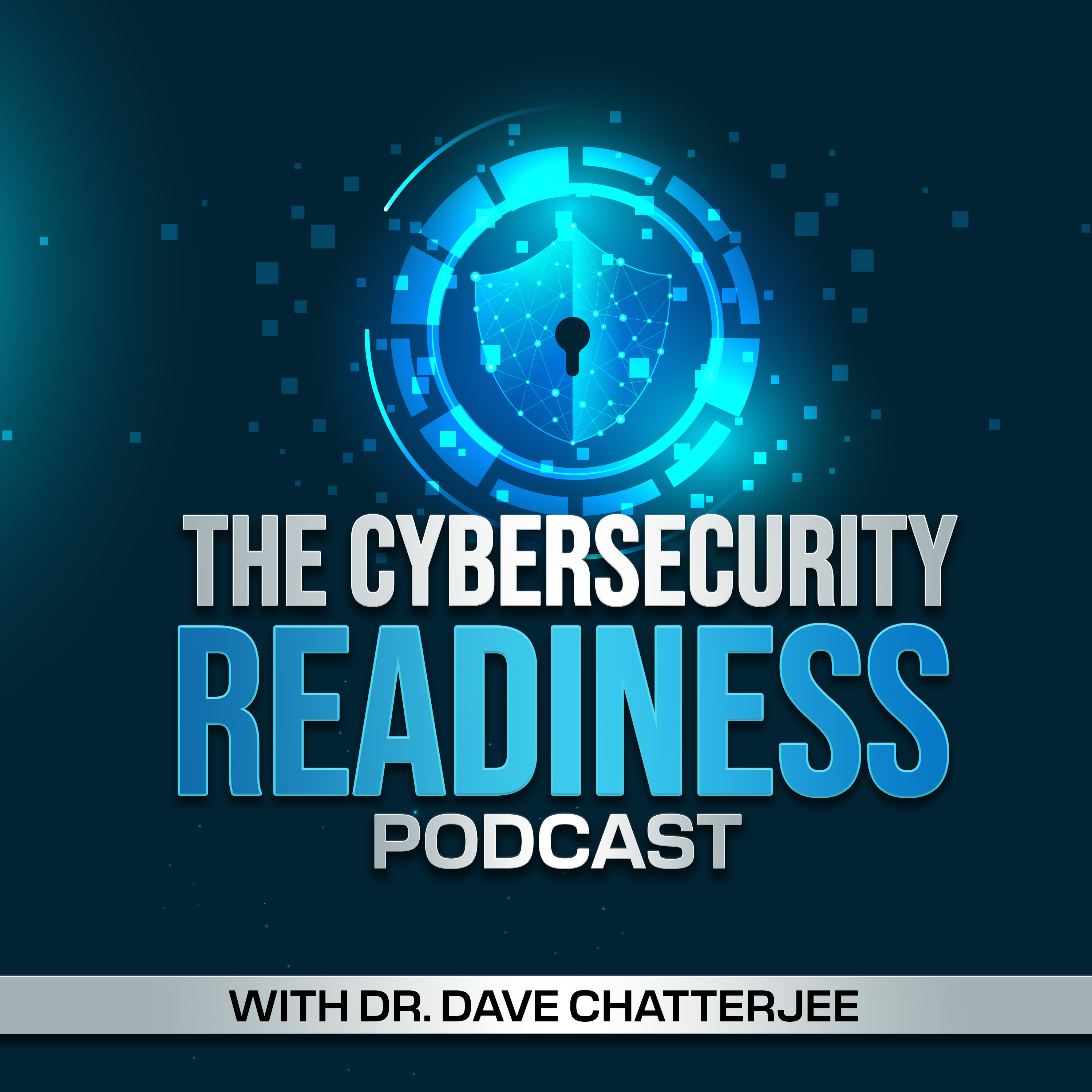Episode 56
Streamlining and Improving Security by Standardizing Identity Management
While cloud computing has become a great digitization enabler to enterprises, multiple clouds—especially when intersecting with on-premises systems and one another—can produce some challenges. Many organizations can end up with an "identity gridlock" of competing identity systems and protocols since each cloud platform cannot exchange access policy data with other cloud providers. It was an absolute pleasure having Gerry Gebel, Head of Standards at Strata Identity, join me to discuss the significance of standardizing identity management.
To access and download the entire podcast summary with discussion highlights --
Connect with Host Dr. Dave Chatterjee and Subscribe to the Podcast
Please subscribe to the podcast, so you don't miss any new episodes! And please leave the show a rating if you like what you hear. New episodes release every two weeks.
Connect with Dr. Chatterjee on these platforms:
LinkedIn: https://www.linkedin.com/in/dchatte/
Website: https://dchatte.com/
Cybersecurity Readiness Book: https://www.amazon.com/Cybersecurity-Readiness-Holistic-High-Performance-Approach/dp/1071837338
https://us.sagepub.com/en-us/nam/cybersecurity-readiness/book275712
Latest Publications:
Preventing Security Breaches Must Start at the Top
Latest Webinars:
How can brands rethink data security to maintain customer trust?
Cybersecurity Readiness in the Age of Generative AI and LLM
Insights for 2023, Cybersecurity Readiness with Dr. Dave Chatterjee

